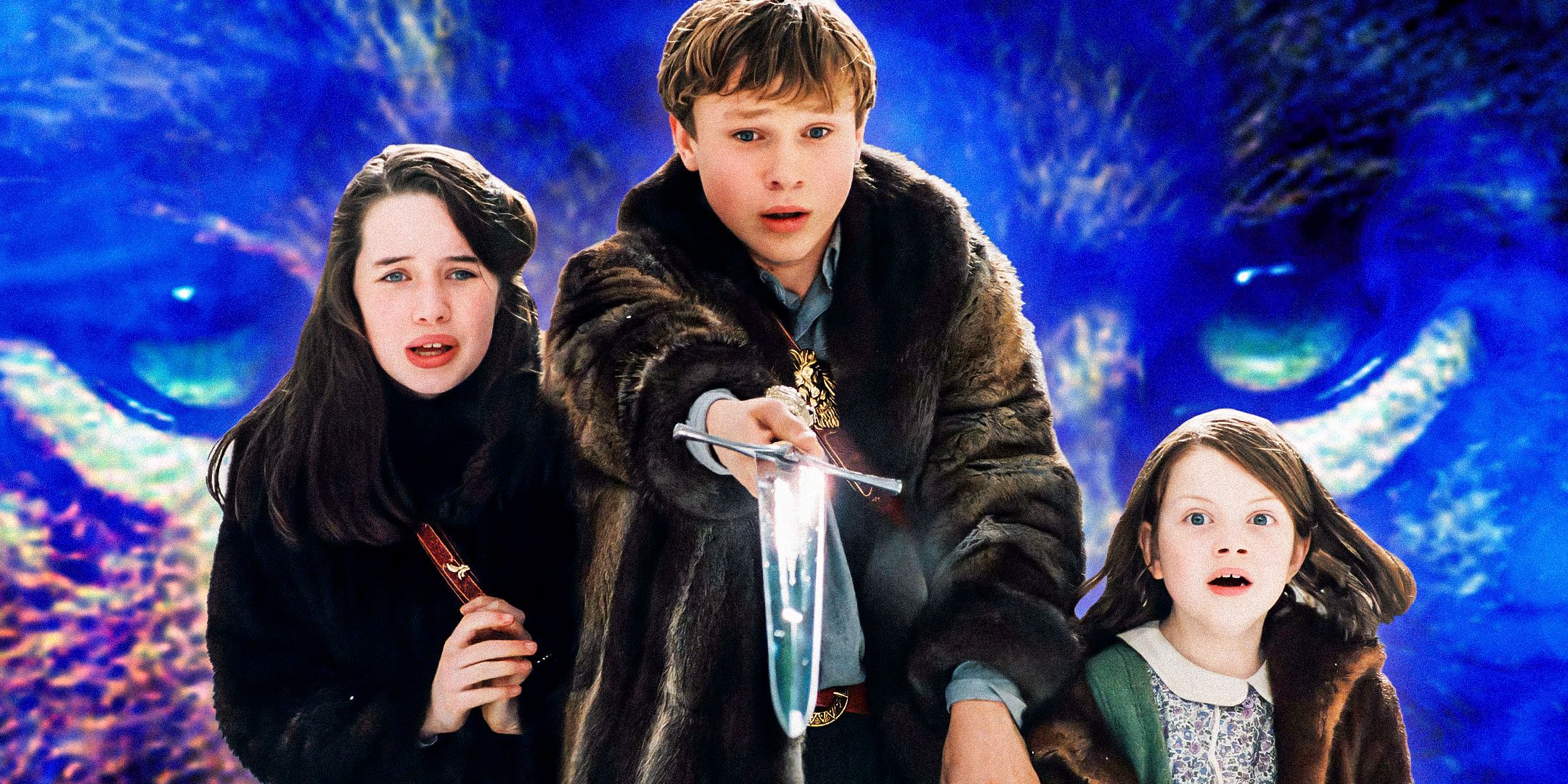
The Chronicles of Narniawritten by CS Lewis over six decades ago, it has captured the hearts of many with its powerful lessons and emotional connotations. He is known for defining themes of forgiveness, kindness, and bravery that permeate each book. All four Pevensie brothers exhibit these traits, also receiving grace and forgiveness when they make mistakes throughout the series. Notably, Edmund Pevensie betrays his brothers in the first book, but is welcomed back to Narnia with open arms. Greta Gerwig will likely dive deeper into this dynamic soon. Chronicles of Narnia redo.
A deeper look into this story reveals some glaring inconsistencies with Narniathemes of, as not every Pevensie brother receives a similar redemption arc at the end of the series. Susan Pevensie turns her back on Narnia as she grows older, and although Edmund’s betrayal was easily forgiven, Susan is banished from the kingdom forever. Throughout the series, Narnia proves to value humility and empathy, giving importance to how overcoming personal flaws makes a person stronger.. However, Susan never receives the same forgiveness as her brother. Edmund’s story of redemption laid the perfect foundation for Susan’s, but she never achieved one.
The story of Edmund’s redemption sets the tone for the Chronicles of Narnia
Aslan makes it clear that repentance equals forgiveness
Edmund’s initial transformation from traitor to king shows how much Narnia values second chances. A boy who was once a stranger to Narnia can be forgiven for his betrayal and rise to the highest position of power instead of facing punishment. This first act of Aslan’s mercy sets the stage for what could be the series’ perfect resolution. After Edmund puts this theme of redemption into action, other characters like Emeth and Puzzle the Donkey are also forgiven for their weaknesses. Even when Emeth regrets following a false God, Aslan grants him genuine forgiveness.
“For the name of Tash was blasphemed by you, and the name of Aslan was dishonored by you, and in your hearts you served me. Then you will meet me and come to my house.”
Emeth’s redemption arc, combined with Puzzle the Donkey being forgiven by Aslan, actually foreshadows the children leading Narnia in the end. Although each Pevensie brother has personal flaws to overcome, these details contribute to the overall themes of second chances and self-acceptance. The motives in the books lead one to believe that children will be loved and accepted in Narnia because of the precedent set when Aslan forgives Edmund’s betrayal. It’s to be expected that children make mistakes, but even after lessons in mercy throughout the narrative, this theme doesn’t hold up when the Pevensie brothers meet a tragic end.
Narnia’s themes of forgiveness should have given Susan Pevensie a better ending
What makes Susan so unworthy of redemption?
The most common complaint aboutt The Chronicles of Narnia is the lack of consistency in this theme when it comes to giving Perversie’s older sister Susan a redemption arc. When Susan grows up and her belief in Narnia wavers, she does not have the same opportunity for redemption as the other characters. Despite Susan’s wavering faith (similar to Emeth and Puzzle the Donkey), she never gets the chance to ask Aslan for forgiveness or even understand what she did wrong in the first place. Regardless of Susan’s love for Aslan, when she returns to the real world, Aslan abandons her.
Expelling Susan from Narnia without a second chance and punishing her with the death of her brothers is not only strange, but extremely frustrating.
Susan being completely abandoned by Aslan is an ironic ending to this series, as Aslan himself has repeatedly shown that turning his back on him requires immense repentance before they can be forgiven. It is clear that Aslan sees wavering faith as a betrayal and understands how terrible it is to be abandoned, which seems to be a harsh reality of THE Chronicles of Narnia books. Because of this, expelling Susan from Narnia without a second chance and punishing her with the death of her brothers is not only out of character, but extremely frustrating.
A character arc from Edmund’s book should have set the stage perfectly for Susan to receive a better, fairer ending. Many even claim that Susan deserves justice in the next Chronicles of Narnia remake due to how disappointing the story ended for her. This criticism has weight because after investing seven books in themes of love and mercy, it doesn’t make much sense that Susan isn’t shown before the end of the series. Susan was prepared for a great redemption and reunion with her brothers in Narnia due to the themes the story covered, she was simply robbed of the ending she deserved.

